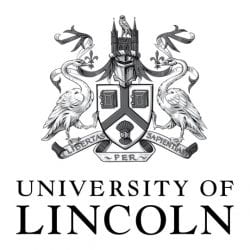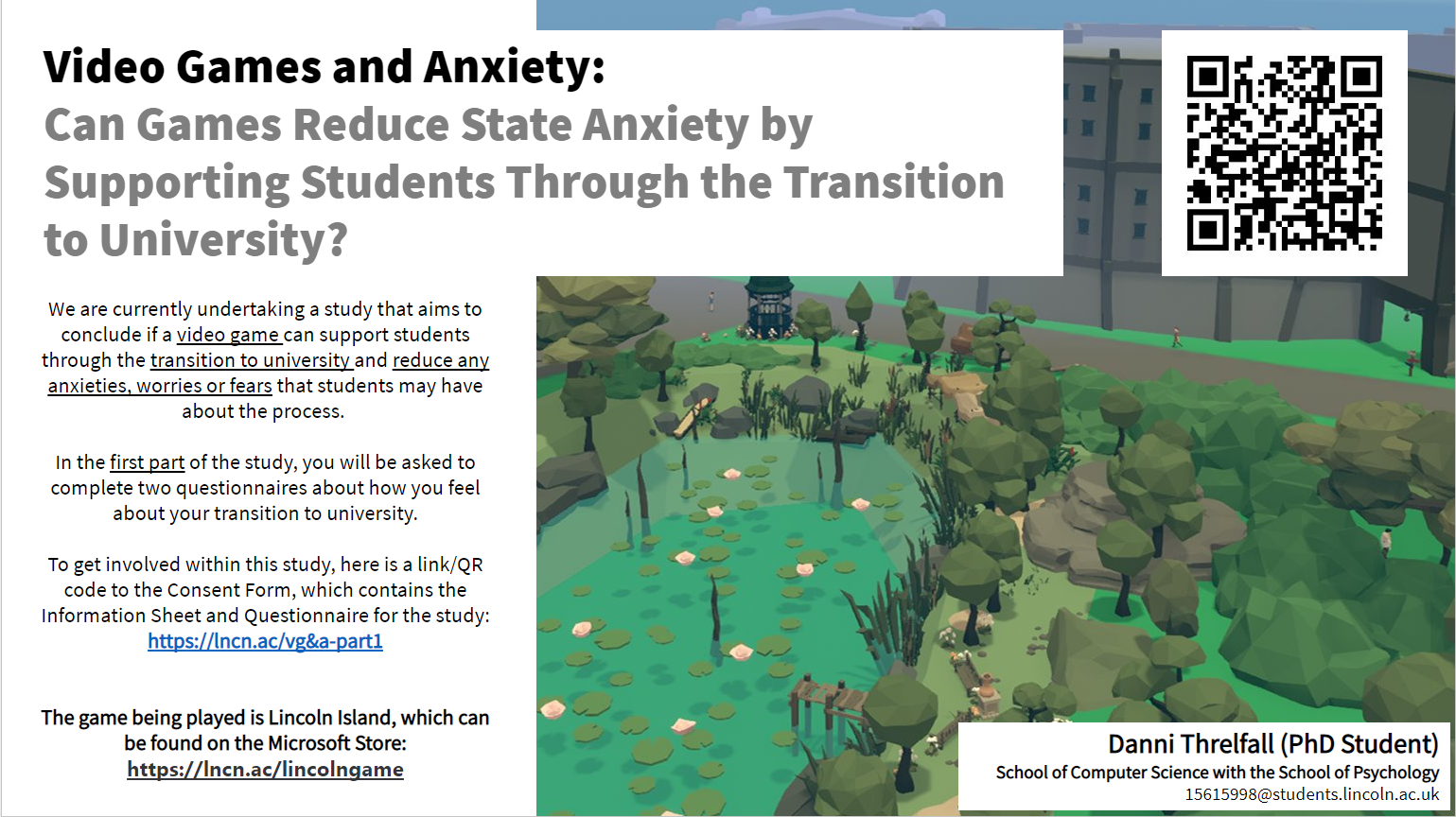To help mark International Women’s Day 2022, a new project is investigating the impact of lockdown and the stories women tell of their experience during the COVID-19 pandemic.
Researchers at the University of Lincoln, University of Leicester and Robert Gordon University, are encouraging women to share photographs of themselves writing on social media, using the hashtags #womenwritinglockdown #IWD2022. The images will then be considered to become part of an online exhibition.
The project, funded by the Arts and Humanities Research Council, is titled ‘A [Socially Isolated] Room of One’s Own: Women Writing Lockdown’. It aims to investigate the impact of lockdown on women’s writing, specifically in the early period of the pandemic.
A century ago, Virginia Woolf delivered a series of lectures to female students at Girton College, Cambridge, which a decade later were published in book form as A Room of One’s Own.
In that book, Woolf argues that, in order to write, ‘a woman must have money and a room of her own’. When Woolf forged that initial, visionary connection between women, writing and space, she envisaged it as a positive opportunity to allow women’s creativity to flourish in a space they have commonly considered to be their own: the home.
Between March and May 2020, in response to the COVID-19 pandemic, the UK Government issued a directive insisting that all UK citizens should stay at home. Commonly known as ‘lockdown’, this project explores the differing effects the directive had upon women and men, measured through the stories women told about those first 12 weeks.
For example, domestic violence rates doubled during the first three weeks of lockdown. Given that women in the UK perform 60% more unpaid labour than men, women were disproportionately affected by the competing demands of work and home schooling. In addition, academic periodicals quickly recorded that submissions from female authors dropped noticeably in proportion to their male colleagues.
The project will investigate how lockdown impacted on women’s experience of writing, when and where they wrote, as well as what they wrote about.
Professor Lucie Armitt, who is leading this research explains, “The project will explore published fiction and poetry, blogs and social media posts, newspaper articles, features and oral history archives. It will also include creative writing produced in our project partner Liv Torc’s bespoke creative writing workshops for the project.”
The final major output, due for launch in June 2023, will be a virtual exhibition. ‘The Lockdown House’, bringing together a collection of our findings, images, diary entries, social media posts and a Discussion Board.
To find out more about the project, including how to get involved in the creative writing workshops, people can contact researchers at womenwritinglockdown@lincoln.ac.uk, https://www.facebook.com/Womenwritinglockdown/, https://twitter.com/WomenLockdown, and https://www.instagram.com/womenwritinglockdown/








